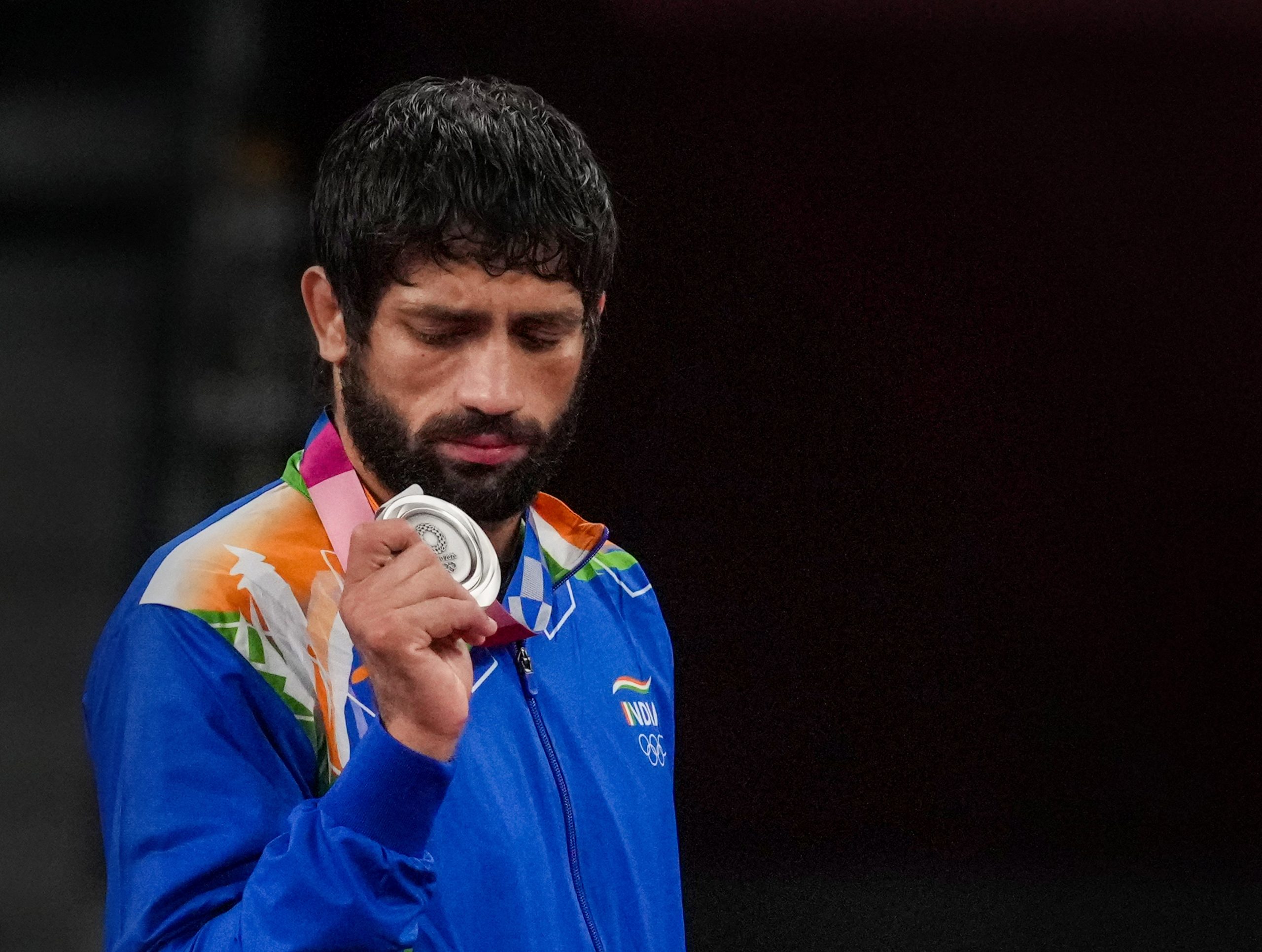When American mid-distance runner Abel Kiviat won a
silver medal at the 1912 Tokyo Olympics, he famously described the race as a
nightmare.
Kiviat’s Olympic silver had come after a photo finish,
for the first time in Olympic history, in which he had barely surpassed fellow
US athlete Norman Taber in the 1500m race.
Also Read | With 7 medals, India put on their best-ever show at the Olympics
“That race was the biggest disappointment of my life.
I never saw Jackson,” Kiviat said referring to Great Britain’s Arnold Jackson
who had secured by the slimmest margin of 0.1 seconds.
Kiviat’s experience showed that disappointment of
losing narrowly often trumps the joy of winning a silver.
Also Read | Meet the ‘tapasvi’ behind wrestler Ravi Dahiya’s silver at Tokyo Olympics
In a 1995 research paper, a group of psychologists
studying “counterfactual thinking” analysed video footage of the 1992 Games in
Barcelona and found that the knowledge of almost winning a gold medal often
ruined the joy of winning silver, while the bronze winners often went hope
happy for at least having won a medal, according to a report in The Indian
Express.
Which is why, when Indian wrestler Ravi Kumar Dahiya
won silver at the 57kg freestyle on Thursday, Dahiya was heartbroken. “What’s
the point of this?…I had come here for a gold medal. This is okay, but it’s not
gold,” Dahiya told reporters.
Also Read | Maybe I deserved only a silver: Wrestler Ravi Dahiya on his Olympic medal
The psychologists working on the research in 1996,
Victoria Medvec, Thomas Gilovich and Scott F Madey, found that silver
medallists often have the propensity to think of alternative circumstances to
real-life events, especially those with far-reaching consequences.
Also Read | Ravi Dahiya gets silver, 1st Indian male wrestler to get an Olympic medal since 2012
In the study titled “Why less is more: Counterfactual
Thinking and Satisfaction Among Olympic Medallists,” the psychologists deduced
that bronze medallists usually score much higher on the happiness scale
compared to silver medallists.
Explaining their findings, the researchers wrote that
to the silver medallist, the most vivid counterfactual thoughts are often more
focussed on nearly winning the gold.







